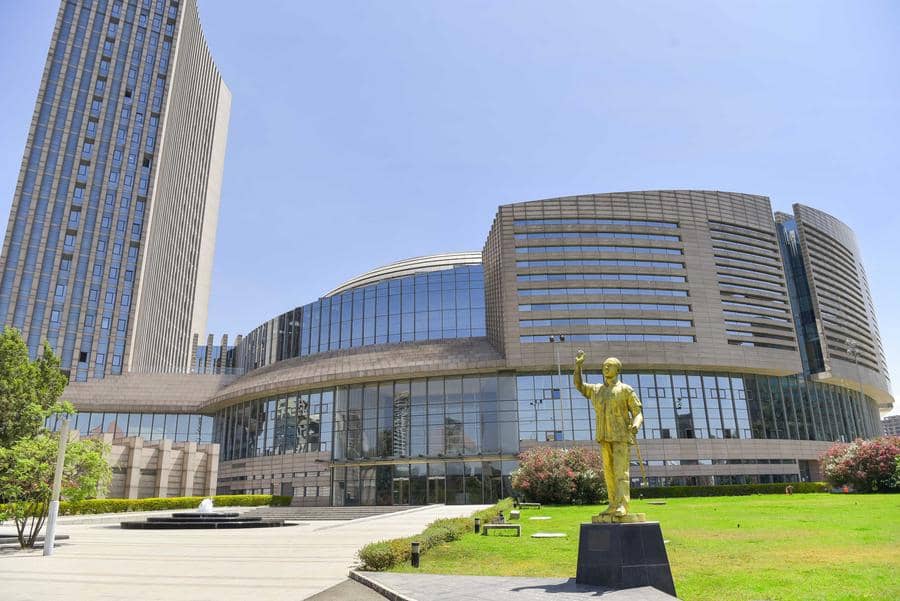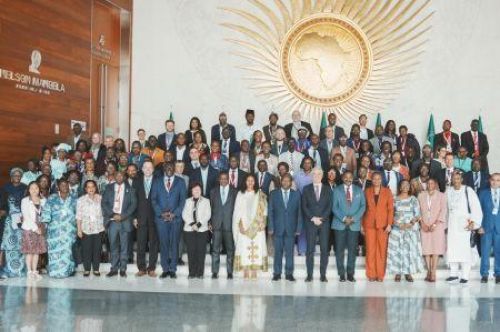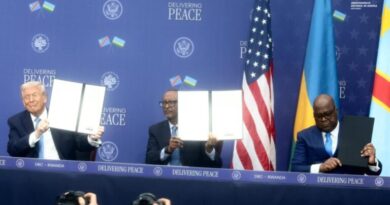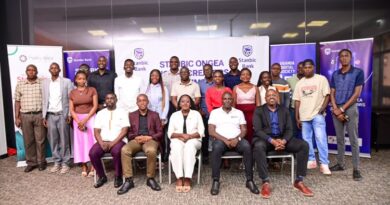Continental Education Transformation in Africa
Adidas-Ababa/Kampala
TheAfrican Union Commission (AUC) has officially launched the Decade of Accelerated Action for the Transformation of Education and Skills Development in Africa (2025‑2034), alongside six strategic education frameworks at the opening of Pan African Conference on Teacher Education (PACTED) 2025 in Addis Ababa.
The new agenda includes key tools such as the Continental Assessment Framework (CCAF) for foundational learning in Grades 3, 6 and 9; the Science, Technology and Innovation Strategy for Africa (STISA 2034); and the Continental Strategy for Technical and Vocational Education and Training (CTVET 2025‑34).
A major element of the initiative is the reinvention of African education systems as not only learners but producers of knowledge, integrating indigenous knowledge, digital skills and entrepreneurship. The AUC emphasised that the shift is from “education for consumption” to “education for production”.
In Uganda, Yoweri Kaguta Museveni reinforced government commitment to science, technology and artificial intelligence in education during the 2025 International Day of Education celebrations. He stressed that Africa must no longer lag in technological capacity, citing historical weapons analogies to highlight the urgency.
Why it matters
This continental initiative could reshape how African countries develop and deliver education: more focus on foundational literacy/numeracy, teacher empowerment, digital learning, skills for the future.
For Uganda and East Africa, the frameworks signal opportunities: alignment of curricula, stronger teacher training, linking education to oil‑era economy, digital skills and regional integration.
It also underscores a shift: education is no longer an isolated sector, but deeply linked to innovation, economy, employment, and technology.

What Next
The Urban Gazette will explore how Uganda is implementing these frameworks: what changes are being made at district level, in teacher training schools, in curriculum revision.
Interview local stakeholders: teachers, education ministry officials, students — what do they see as the opportunities and obstacles?
Track milestone indicators: learning outcomes, digital access in schools, teacher‑professional development uptake.





